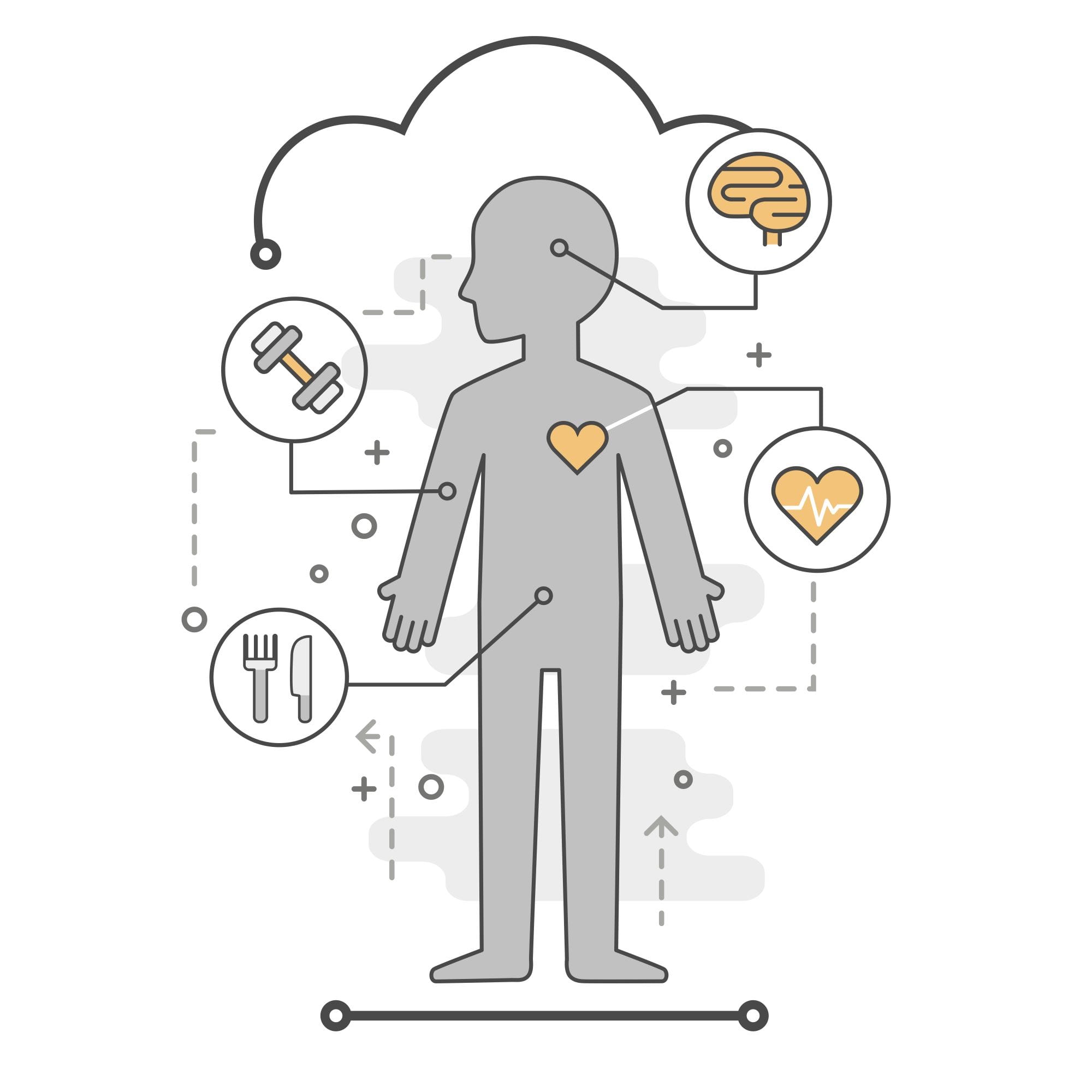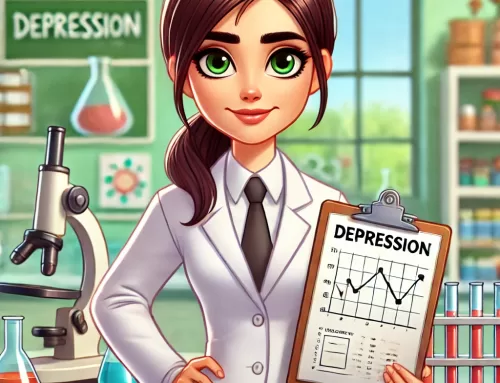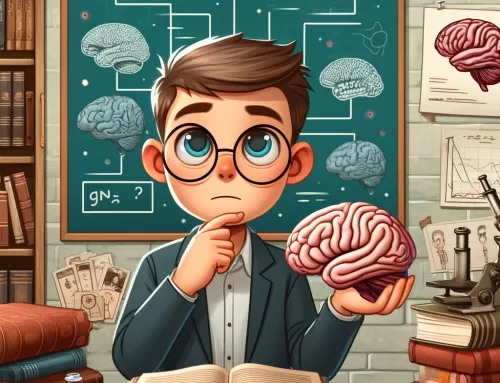
It is natural to compartmentalize mental health into one box and physical health into another. The distinction between the “body” and “mind” seems clear. However, it is essential to consider the relationship between the two in order to maximize a patient’s well-being.
Mental illness can impact physical health in the following ways:
- Decreased libido. Mental illness causes neurological changes in the brain by altering neurotransmitter production and receptor site function. These changes affect many of the body’s systems, like abnormal functioning of serotonin (a neurotransmitter) that can result in lower sex drive.
- Interrupted sleep. Insomnia, lack of deep sleep and oversleeping are all sleep problems that can result from mental illness.
- Longevity. Studies have found that those who suffer from mental health problems tend to live shorter lives than those who do not have these conditions. Shockingly, having a serious mental illness can reduce life expectancy by 10 to 20 years.
- Increased stress. Chronic stress can wear down the body over time. Even minor stress can have an impact on one’s mental state. When one is continuously stressed, it can wreak havoc on the body by causing an elevated heart rate, blood pressure and stress hormone levels.
- Health complications. Recent studies have shown the link between severe mental illnesses and cardiovascular disease. Data from 3.2 million people living with severe mental illness found that 53% were at a higher risk for having cardiovascular disease. Those who suffer from mental health conditions are less likely to get the physical healthcare they need. By neglecting routine exams that may detect symptoms of physical health conditions, the chance of health issues is greater.
- Addictive behaviors. Mental illness can lead to unhealthy coping mechanisms such as: overeating, undereating, or the abuse of drugs and/or alcohol. Each of these coping strategies come with a negative impact on ones’ physical health.
Living with mental illness is extremely overwhelming to keep up with an ever-changing routine of medications, frequent appointments and monitoring symptoms along with trying to get through daily routines. bStable was designed to help patients, loved ones and providers gain control by analyzing all aspects of a patient’s life, recognizing patterns and anticipate crisis situations to improve mental healthcare. Learn more about bStable today.




